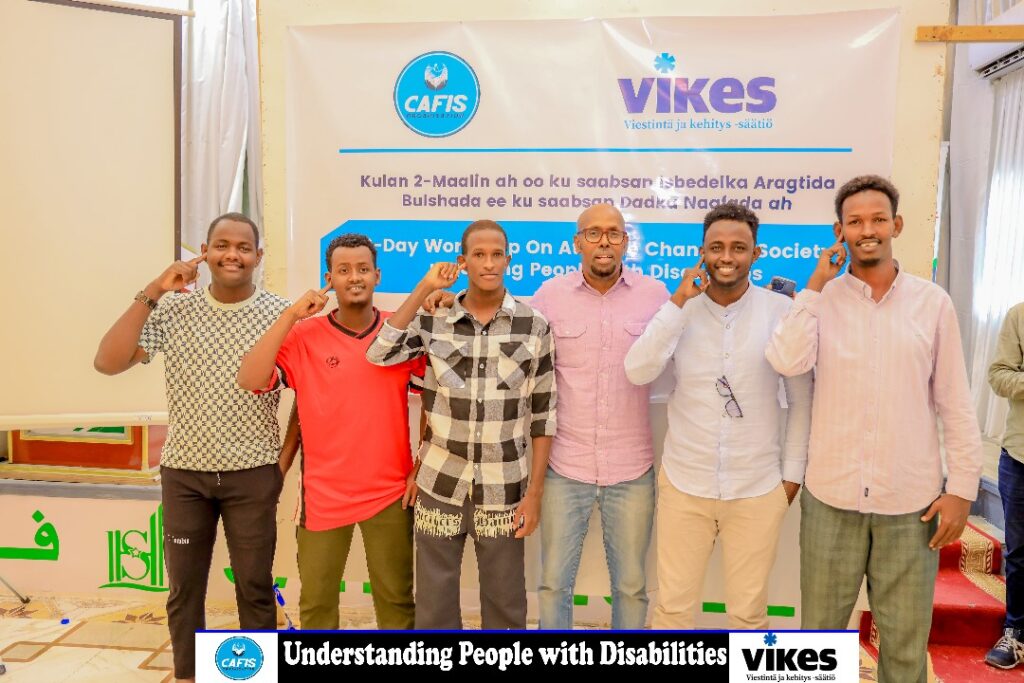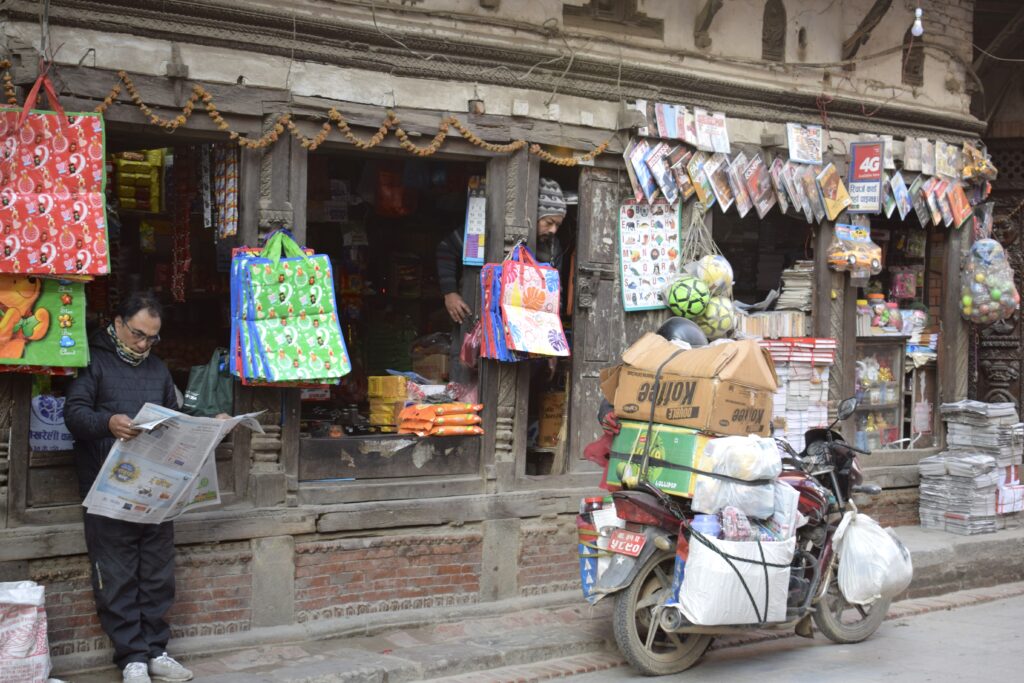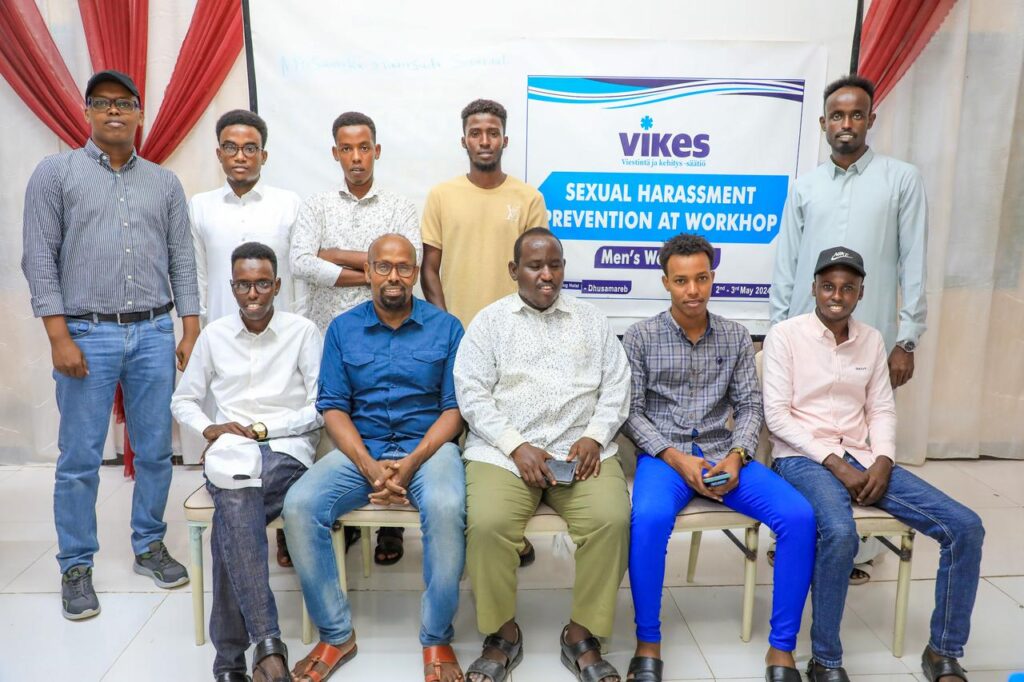Vikes and the Finnish Embassy met with Somali media and researchers in Mogadishu. The round table discussion envisioned a better quality media that strives for peace.
Vikes and the Embassy of Finland in Kenya organised a two-day roundtable in Somalia in January. Journalists, academics and media organisations discussed how journalism can support peace, and how hate speech and disinformation, for example, undermine the potential for peace.
“It’s good to use social media as a platform, rather than being used by social media,” said Wali Hashi, an specialist at Vikes.
In addition to the high level of fake news and rumours circulating on Somali social media, the different clans also own the traditional media, and the different channels can deepen conflicts, as was metioned in the meeting.
Hashi adds that a big problem in spreading disinformation are people of Somali origin living outside the country, many of them in the Nordic countries.
“They live in peaceful countries, but spread really dangerous disinformation through social media, without any consideration of what it will do to Somalia recovering from war.”
Finnish Ambassador Pirkka Tapiola pointed out that the media can be used as a tool of propaganda and even to justify killing, as seen after Russia invaded Ukraine.
Media in conflict and peace
Somali media operate in a very difficult environment. There is violent conflict, terrorism, inter-clan conflict, political instability and a complex web of social and cultural issues.
During the meeting days, there was much discussion about how journalists should report on the crisis and what are the responsibilities of the journalists. Are journalists objective observers or in some way parties to the conflict? What kind of cooperation patterns and strategies should journalists have in place so that they can work to defuse the conflict rather than exacerbate it?
The panellists agreed that journalists can play an important role in peace-building. The idea is not new. For example, long-time radio journalist Ahmed Isse Gutale recalled that back in 1999, the media played an important role in bringing the warlords of Mogadishu together.
Now, participants hoped that the Somali media would have a conscious strategy to promote peace, for example through positive news and raising voices for peace. Somalis themselves should be able to deal with and break negative stereotypes attached to other people and other clans, the meeting was told. And if a public service media could finally be created in the country, this would also help to eradicate mis- and disinformation.
Recommendations: how can the media build peace?
One of the objectives of the round table was to provide guidelines on what Vikes should do in Somalia in the future and what kind of media the participants would like to see in Somalia. This prompted a lot of ideas.
There was a lot of support for public service media. Its development has been on the agenda of Vikes and local partners for a long time, and again participants emphasized that state-funded, broadcast-style media should also be run for the people and not for the government.
Journalists should also remember that they should think about what ordinary people get out of reporting – not what the government expects from the media, including in peacebuilding.
There were also calls to improve the country’s media laws, and the establishment of a local media council was discussed.
Among other things, Vikes was asked for training in peace journalism and general journalism skills.
Vikes development programme in Somalia
Vikes will continue to work on these themes in Somalia. Vikes has a long history of cooperation with the Federal Union of Somali Journalists, and journalists will continue to be trained with the Union, with funding from the European Union.
Vikes’ development cooperation programme, which started last year, focuses on peace journalism and the development of children and youth programmes.
In 2023, there will also be social discussion programmes on Somali National Television SNTV, and support for the establishment of an online police force by 2025.
“We want to help the Somali government to set up an online police force and network Somali authorities with authorities in other countries,” says Hashi.
“It is also very important to train the country’s police forces on journalists’ rights, so that journalists are not arrested for doing their job.”



